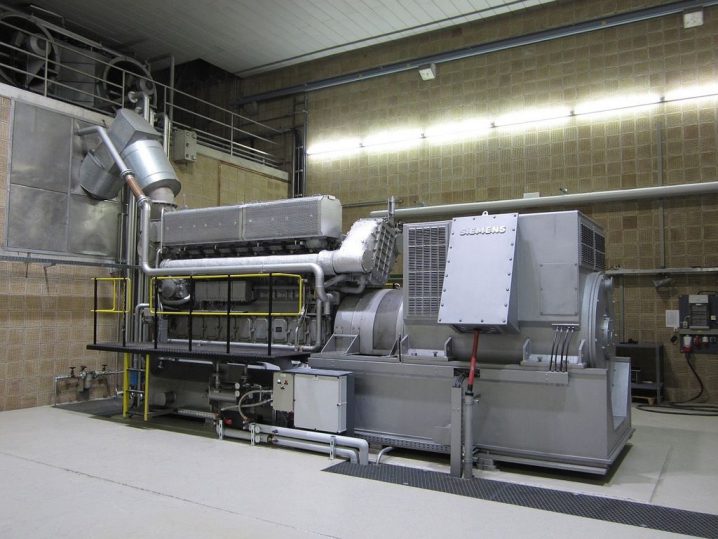Whatever model or brand your generator is, ensuring optimal performance is essential to protecting you from advanced problems during a hurricane. Plus, the last thing you want is experiencing those “no-start” situations or frequent breakdowns.
Generators need to run smoothly and efficiently to power all your essential systems during such natural disasters. Like most tools, they are vulnerable to various problems that OEMs and factory managers should be aware of to reduce downtime. If not fixed early enough, they can be aggravated during a hurricane season when your generator tends to run extensively & finding a short term power generator rental when in need can be very costly.
Read on to learn more.

1. Low Coolant Levels
Leaks mostly cause a low coolant level on your machine. The good thing is that some generators feature an alarm that alerts you when this problem occurs. However, if yours doesn’t have an alarm system, then your generator may fail to start when the coolant levels become exceedingly low. So you need to watch out for any coolant puddles during your weekly inspections.
Internally-plugged radiator cores can also cause low coolant level shutdowns, In this case, when your generator is under load, the thermostats open entirely, and the radiator fails to ensure adequate coolant flow through the core. This forces the coolant to go through the overflow line, and this activates the low coolant level shutdown.
2. Generator Leaks
Generator leaks are the most common problems you will face, and your oil, fuel or coolant can leak due to a variety of reasons. In most cases, however, fuel leaks are usually just wet stacking, which is a buildup of unburned fuel, carbon particles, and condensed water in the generator’s exhaust system.
Coolant leaks tend to occur in the block heater hoses. The block heaters usually produce excess heat when the generator is running. The hoses take quite a toll from the heat and become weak, allowing easy coolant leaks. Overfilling of the base tank is one of the primary reasons for fuel leaks. This can occur because of a failed pump system or human error.
3. Generator Fails to Switch Off
In some cases, your generator may fail to turn off even after the utility power is back. This can happen because the automatic transfer switch delayed detecting a steady supply of utility power. Usually, the switch features a timer that is set between 15 and 30 minutes.
If any glitch happens within that particular time range, the timer is forced to restart. That’s the reason why your generator may fail to turn off when power is back. This problem can also occur due to an issue with the In Phase Monitor, which may fail to match the right angle for a power supply switch.
4. Battery Failure
This is one of the standard problems that businesses experience, and the main cause is usually sulfation buildup. Sulfation is typically the buildup of lead sulfates on the plates of your battery. The accumulation occurs when sulfur molecules in the acid are exceedingly discharged, causing them to coat the lead plates.
When the buildup forms around the plates, the battery fails to supply adequate power to your systems. In most cases, you’ll need a battery replacement to fix this issue. Your battery might also fail due to low electrolyte levels, which occur when the plates are exposed to direct air. Whatever reason for your battery failure, it helps to a company for power generator repair Miami to ensure your generator is in excellent condition.
The Takeaway!
These are some of the common problems that you’re likely to experience when using a power generator as a backup power source. Regular service and replacement of parts will ensure proper function during a hurricane season. Pay attention to your fuel system, cooling system, battery, and engine during your regular maintenance. Even when you don’t use your generator often, you still need to schedule routine maintenance.



